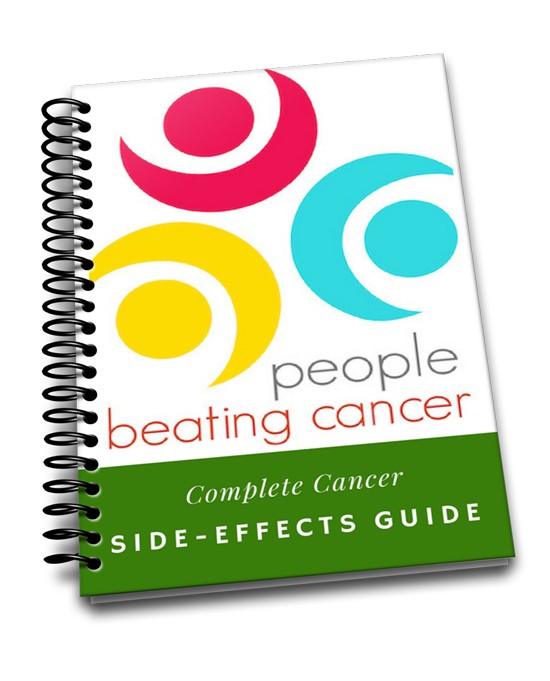- You are here:
- Home »
- Blog »
- Uncategorized »
- Older Colon Cancer Stage 3 Patients – Less Is More
Older Colon Cancer Stage 3 Patients – Less Is More

Older (colon cancer) patients in the community receive less toxic and shorter chemotherapy regimens, and those treated had fewer adverse events than younger patients.
Surgical removal of stage 3 colon cancer can be taxing on anyone and especially taxing on patients older than 75 years of age. Chemo after surgery can be especially difficult. Studies show that chemotherapy after surgery can increase the average five year survival rate for all stage 3 colon cancer patients. The challenge then, is to balance quality with quantity of life.
According to the study linked and excerpted below, the average oncologist treating a newly diagnosed colon cancer patient will prescribe less chemotherapy post surgery to older patients than to younger patients. This reduced chemo, reduced toxicity, has the desired effect- fewer adverse events aka side effects.
This is good. Fewer side effects, at any age, increases quality of life. The issue is, does reduced amounts of chemotherapy reduce the length of life of the patient? To put it in technical terms, does less chemotherapy reduce the average five-year survival rate for older colon cancer patients?
It doesn’t have to. I think older colon cancer patients can have their cake and eat it to, as they say. There are a host of evidence-based, non-toxic therapies shown to 1) fight colon cancer itself, and 2) reduce the risk of colon cancer relapse. Adding these evidence-based, non-toxic colon cancer therapies will reduce your risk of colon cancer relapse which, in turn, increases your five-year survival average.
Don’t take my word for it, read the studies.
- High Fiber Diet-
- Exercise Reduces Relapse Risk-
- Nutritional Supplementation w/ Curcumin and Resveratrol
- Eat Less Red Meat-
- Eat More Fruits/Veggies, Whole Grains
I am a long-term survivor of a different cancer. Conventional oncology considers my cancer, Multiple Myeloma, incurable. I have lived with MM since my original diagnosed in early 1994. Lifestyle therapies like the ones outlined above, have been central to my complete remission. And these same therapies can be central to your survivival as well.
Painful experience has taught me that conventional therapies such as surgery, chemotherapy and radiation must be used judisciously aka moderately. Adding evidence-based, non-toxic theraies to your anti-colon cancer regimen can help you reduce your risk of adverse events while you reduce your risk of relapse after surgery.
Have you been diagnosed with colon cancer? Scroll down the page, post a question or comment and I will reply to you ASAP.
Thank you,
David Emerson
- Cancer Survivor
- Cancer Coach
- Director PeopleBeatingCancer
Recommended Reading:
- Colorectal Cancer Non-Conventional Therapies-
- Grape Seed Extract-Reduce Mucositis & Enhance Colon Cancer Chemo
- Curcumin Suppresses Colon Cancer, Enhances Chemotherapy
Adjuvant Chemotherapy Use and Adverse Events Among Older PatientsWithStage III Colon Cancer
“Randomized trials suggest adjuvant chemotherapy is effective for elderly patients with stage III colon cancer. However, the elderly are less likely to receive this therapy than younger patients, perhaps because of concern about adverse effects…
Results- Half of the 202 patients >=75 years received adjuvant chemotherapy compared with 87% of 473 younger patients (diff 37%, 95% CI 30%-45%). Among adjuvant chemotherapy users, 14 (14%) of patients >=75 years and 178 (44%) of younger patients received a regimen containing oxaliplatin (diff 30%, 95% CI 21%-38%). Older patients were less likely to continue. By 150 days, 99 (40%) patients >= 65 years and 68 (25%) younger patients had discontinued chemotherapy (diff 15%, 95% CI 7%-23%). Overall, 162 (24%) patients had at least one adverse clinical event, with more events among patients treated with vs. without adjuvant chemotherapy (mean 0.394 vs. 0.160, diff 0.234, 95% CI 0.11-0.36, p<0.001). Among adjuvant chemotherapy users, adjusted rates of late clinical adverse events show a reverse U-distribution with lower rates for patients >= 75 years (0.277) versus for younger patients (0.345 for 18-54, 0.519 for 55-64, and 0.446 for 65-75 years, p=0.008 for any age effect).
Conclusions- Older patients in the community receive less toxic and shorter chemotherapy regimens, and those treated had fewer adverse events than younger patients. The effect of these differences on clinical outcomes is not clear.


